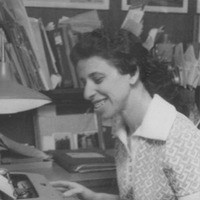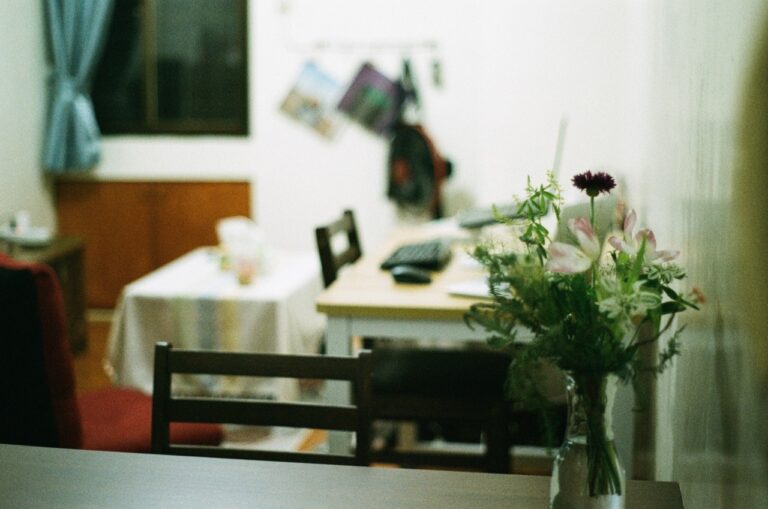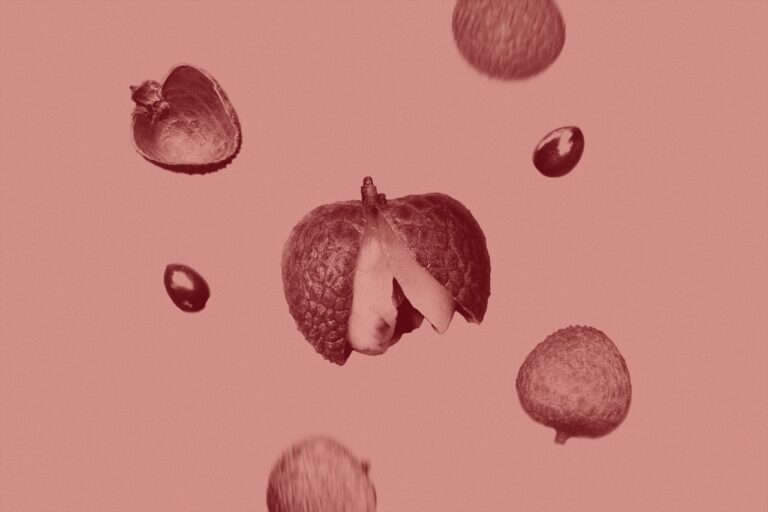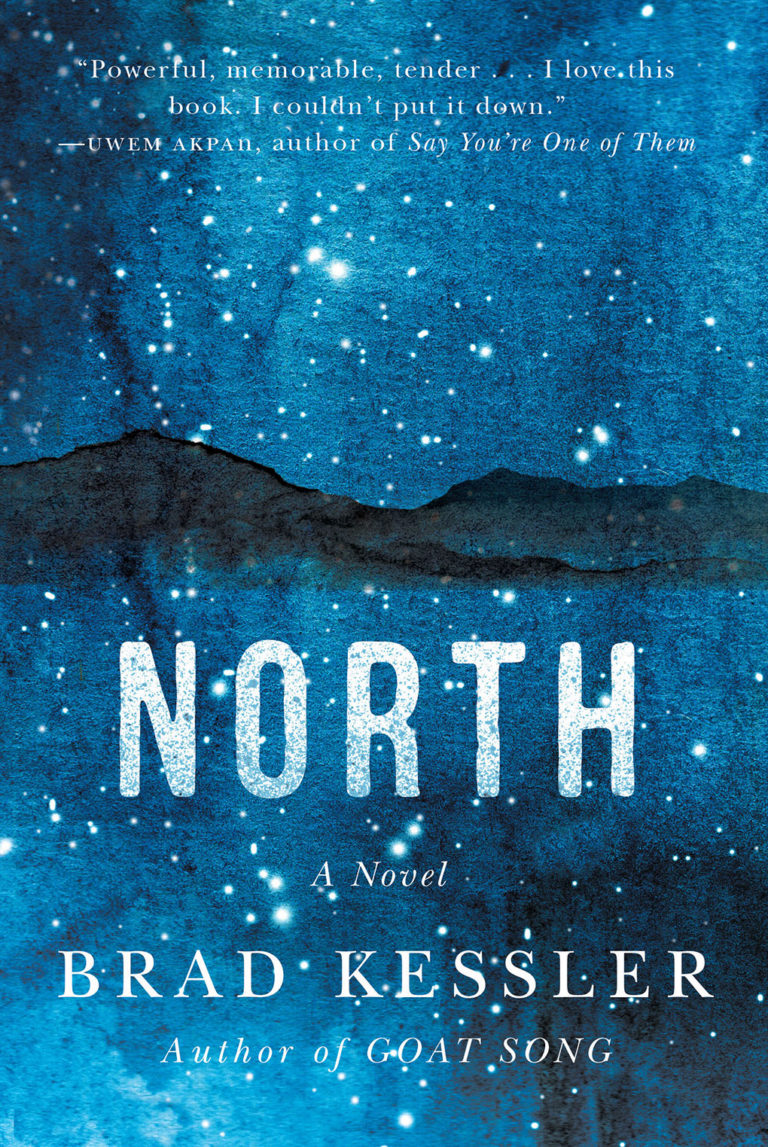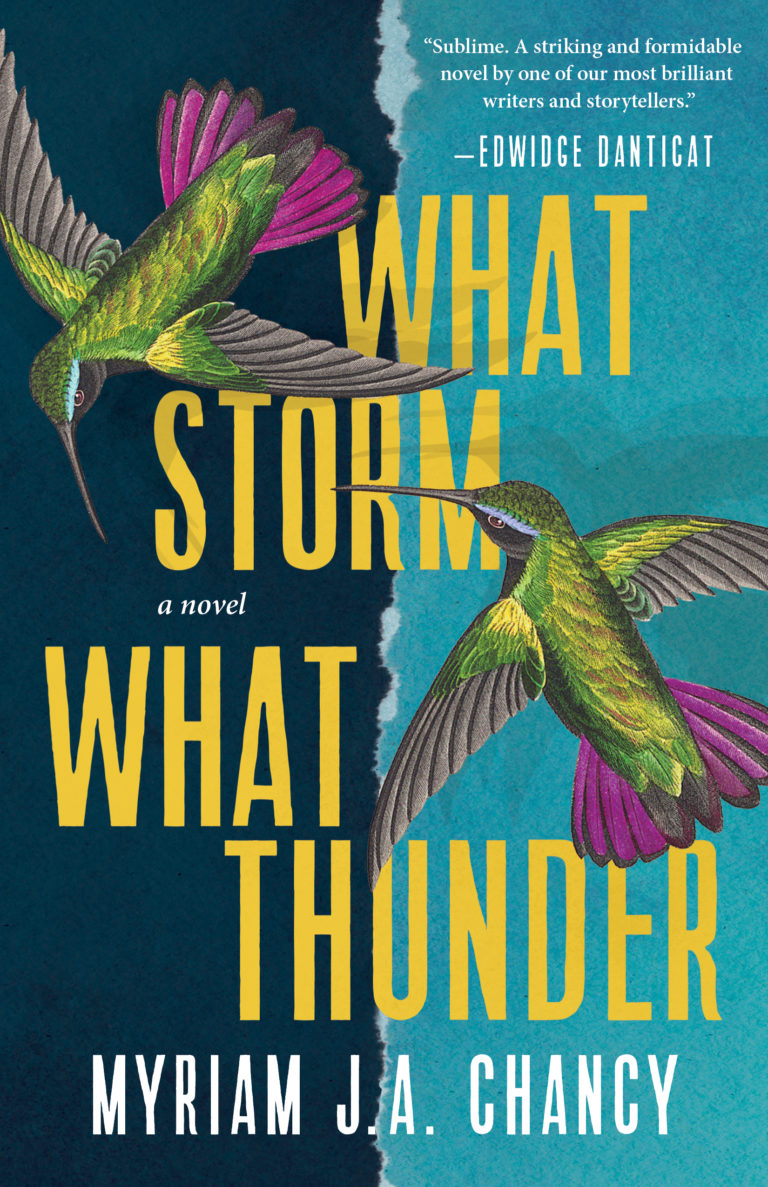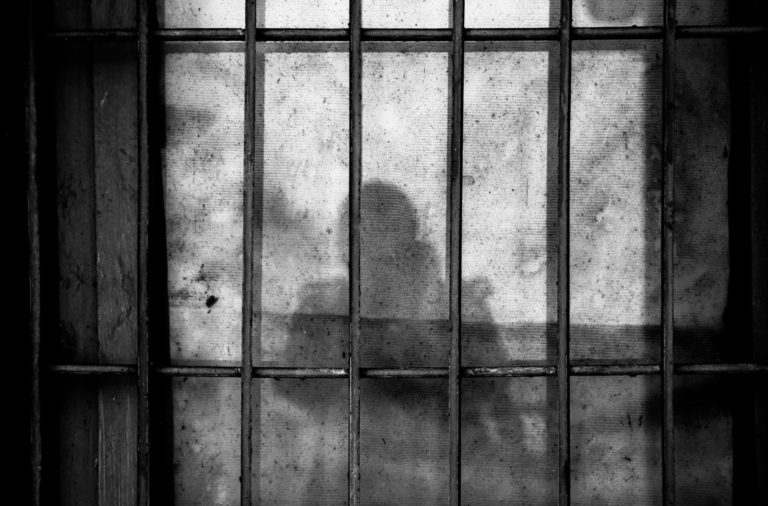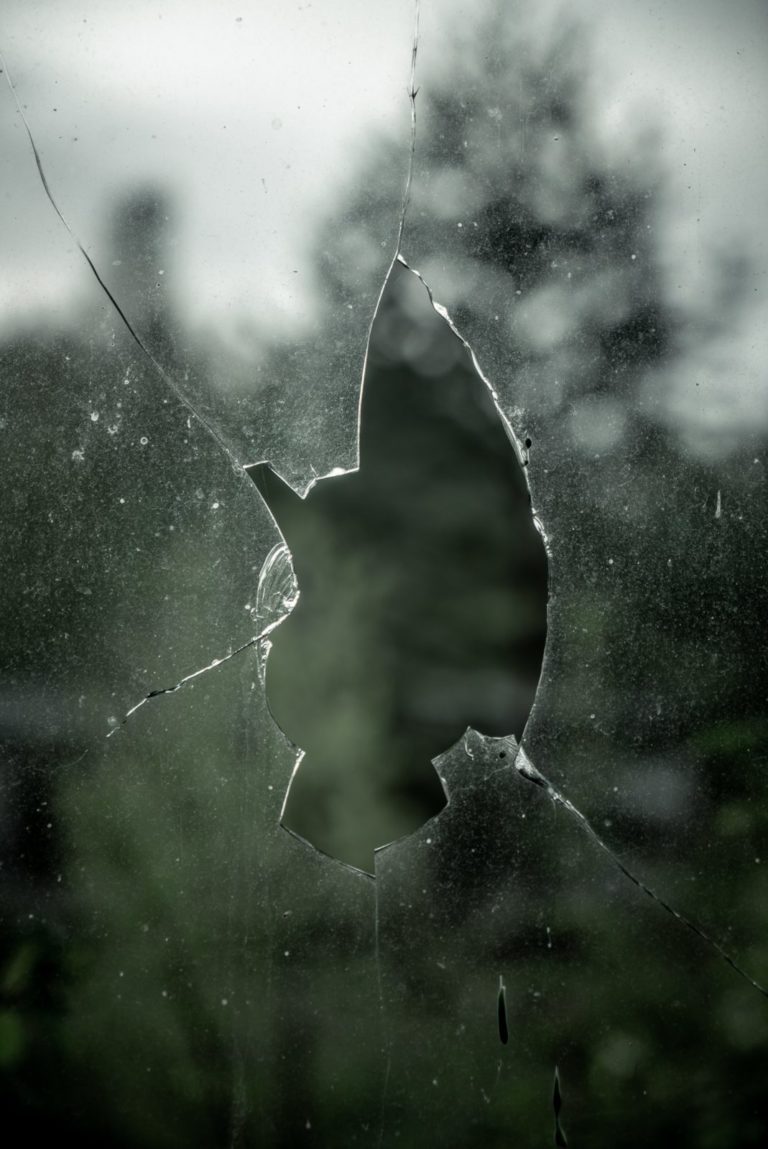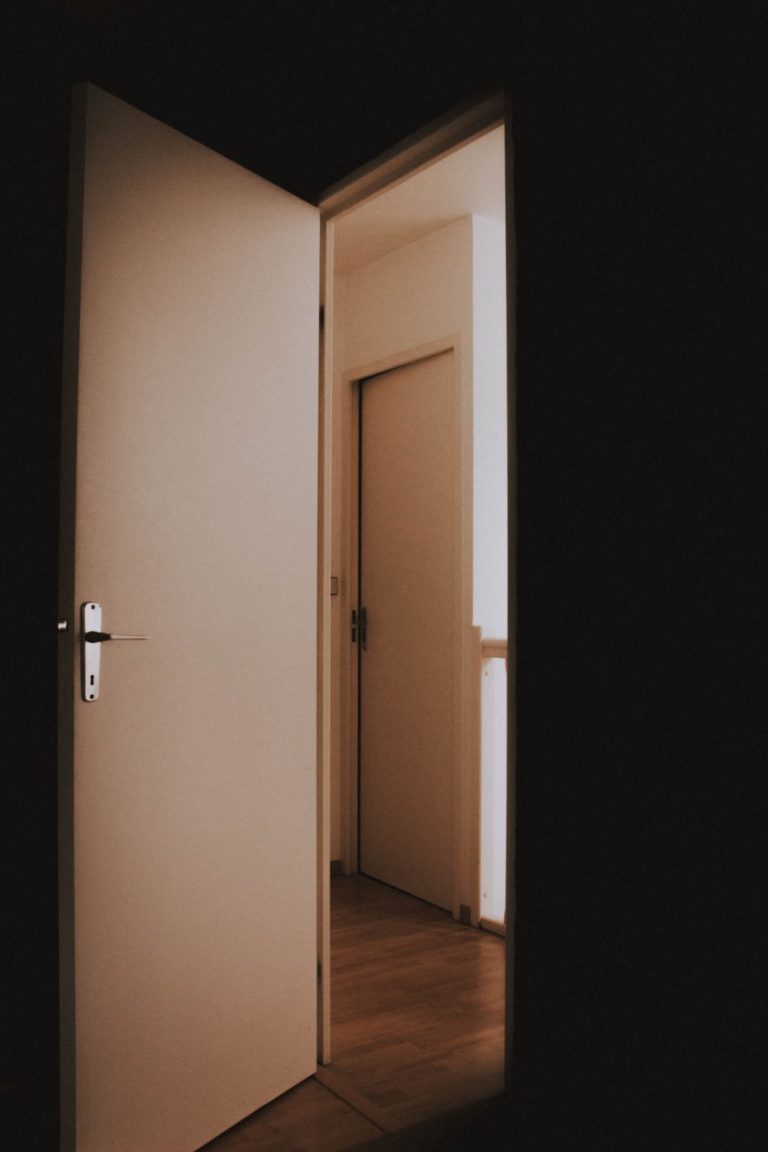Three babies were born to me in five years. It seemed, when I was young, the only worthwhile thing to do, making those sturdy, well-designed pieces of merchandise, quality merchandise, not an open seam, not a shoddy bolt of material evident in the bunch. Each one exactly six pounds, stamped out by the same machine. A neat, well-executed birth every time. I could tell the doctors appreciated me: I was thin, young, my skin was tight and smooth and my body hair grew exactly where it was supposed to, none heavy on my thighs, none between my breasts, none around my navel.
I saw other women in those waiting rooms—loose, flabby women past forty, with six children leashed to the chairs, with mustaches on their upper lips, with wild, graying hair. The doctors were respectful to all of us, but when they parted my thighs on the table, I could tell they were appreciative.
“Today you will take the measurement from the pubic bone to the coccyx, am I right?” I would ask, all boned up and ready. “Furthermore the fetus is now acquiring the buds of fingers and toes.”
“This is a sharp one,” the doctors said about me to their nurses.
Three beautiful daughters seemed an excellent number of children to mother. However, when I seemed to be pregnant again at age forty, I thought it was time for a change. I went to consult an old sage. “Will I have a boy?” I asked, crossing her palm with coupons cut out from the food section of the Times.
“Have another girl,” she said. “Girls stay close to their mothers. They take care of you in your old age.”
“I can feel my old age already upon me,” I admitted. “Is there any other reason to have a girl?”
“Girls don’t miss the pot when they pee,” she said.
“But a girl has to wait all her life,” I pleaded. “A girl has to wait for breasts, for periods, for dates, for proposals, for labor pains.”
“What else is there to do?” said the old sage, who in truth was my Jewish aunt. “You can always make a pot holder while you wait.”
* * *
I went to see a new gynecologist. He was young and cocky. He had six assistants to shield him from his patients. With his mind on his Porsche and his golf appointment, he was not impressed when he parted my thighs. I was no longer thin or young.
“I am a multipara,” I told him. “I have given birth to three daughters and there are reasons now that I would like to have a son. For one thing, I need a man around the house to mow the lawn. Furthermore, I have always yearned for a son who will become six foot two and tower affectionately above me. In the Freudian tradition, I have always ascribed to the notion of penis envy, and carrying a male child would allow me to have a penis in my body for a time. Finally, I want a son who can grow up to be a doctor and deliver other women’s babies, rather than a daughter who will have to have her babies delivered by men like you.”
The doctor did not know if this was a joke or not and seemed confused by my conversation. No longer modest, I could talk without embarrassment while he felt unfeelingly for my reproductive organs.
“I would give a great deal to have a son this time,” I said, as if he had the power to load the dice.
“Girls these days become obstetricians and deliver babies, too,” he said ominously, his eyes narrowing as he vibrated my abdomen with the force men use to shake apart something stuck together. He thrust a finger inside me and added, “But it so happens this is no baby. Something is socked in here that feels like a tumor on the ovary, and it’s got to come out.”
“It’s not a baby?”
“Not only is it not a baby,” he said meanly, for I had clearly angered him, “There’s an excellent chance, in a woman your age, that it’s cancer.”
I sat upright on the table in astonishment and nearly broke his finger.
He rang for his female assistants, who came in their white uniforms and tried to coax me off his table.
“I’m through having babies for the propagation of the species!” I cried, losing hot tears. “I’m through taking care of my organs of reproduction, listening for their monthly messages, knocked flat on my back with cramps while they have their way with me!
“Women and their difficulties,” he smirked. “Where would I be without them?”
“I wouldn’t have a son now if you gave me one,” I informed him. “And I feel pity for your mother!”
“Don’t worry about her,” he said as his nurses ushered me into the dressing room and tried to close the door on me. “She lives in a condominium that I bought her in Florida—on the ocean!”
“You’ll mourn for your uterus,” the gray-haired counselor at the hospital told me. “You’ll cry over it—like any part of yourself that you lose. But think of it this way: it’s only a baby carriage, and if you don’t need a baby carriage anymore, why drag it around with you for the rest of your life?”
She glanced around to check on whether anyone was listening. A doctor was passing in the hall, and she waved to him. Then she leaned forward and whispered to me, “That’s the official spiel, required by law. Mourn, shmourn. You should give a party with champagne once it’s out for good. When it’s out, you can screw without goo, without pills that will give you heart attacks or strokes.Take my word for it, darling—have a catered party.”
The doctor walked by the other way and she waved again. Consulting her printed list, she continued in a formal voice: “As for your ovaries, if they both have to be removed, there is no need to be concerned. Once their function is served, who needs them either? And the happiest thing is that once they’re gone, at least those are organs in which you can never get cancer.”
“What about that doctor?” I asked, motioning to the hall. “Are his childbearing days over?”
“Oh, for sure. His kids are all grown up. They’re in med school. Four boys.”
“Has he had his testicles removed so he doesn’t have to drag them around with him anymore? So he won’t ever get cancer in them?”
“It’s not the same for him, dear—you know. He likes to fool around with the cute little nurses.”
“Do you think that’s fair—that I should have to have the whole kit and caboodle taken out, and he gets to keep his?”
“It’s the policy of Gynos on the staff here. Once they’ve got you opened up, they want to get it all.” She lowered her voice again. “Off the record, dear, you just fight like hell to keep your good ovary. Otherwise terrible things happen. Dowager’s hump appears, the breasts flatten, the vagina dries out, you get whiskers on your chin. Darling, keep what you can. Why should you take estrogen in a dangerous dose every day when you already have an automatic time-release drugstore right in there. She poked at my stomach with a long Q-tip as I shielded myself with the booklet she had given me titled “Life After Hysterectomy.”
“Is this interview almost over?” I said, looking at my watch. “I have things to do.”
“Just a few forms to sign, and then off you go to see the cute little filmstrip, also required by law.”
“Will it tell all?”
“More or less.”
“I want the straight truth about sex,” I said.
“Straight, crooked. It’s all in the film. What isn’t in the film is in the little booklet I gave you.”
“Is sex really the same afterward?” I asked.
“As we all know, sex is in the head. If your head is all right, it will all be fine.”
“What about the essential organs, like the uterus and ovaries?”
“They contribute nothing to ecstasy.”
“Are you sure?”
The counselor began shredding cotton balls into little bits. “Am I God? Do I know everything?”
“I can’t live without sex,” I stated.
“Look, dear—life is a business of diminishing returns. Whoever guaranteed you full service to the last day?”
“You remind me of an old sage I know,” I said.
She took my hand. “Don’t think so much. To think is to worry. Just lie back and enjoy. Once on the table, you don’t have to do a thing for yourself. They carry you everywhere, they pump food into you, they put you to sleep, they pee for you with a tube. It’s marvelous. Such a vacation you’ve never had. It’s the one place you don’t have to do a thing to live.”
“Or die,” I added.
“Try to have a positive attitude,” she said. She gathered some papers together and stood up. “What you have to do now,” she said, “is say ‘I do’ after every question I read you, and sign your initials right here.”
I rested my hand on a Physician’s Desk Reference, and we began. “Do you,” she said, “agree that your ovaries and tubes and uterus may be removed if indicated, even if it means you will be sterile?”
“I do,” I said.
“Do you agree that you know what kind of operation it is and what kind of anesthesia will be used, how long it will take you to get better, how much the operation will cost you?”
“I do.”
“Do you know that sometimes there are side effects associated with this operation, which include nausea, vomiting, bladder discomfort, gas, and occasional excruciating pain?”
“I do.”
Do you know that sometimes there are serious health problems or complications associated with this operation which include bleeding, infection, failure to regain consciousness, death?”
“I do.”
“Do you certify that you are not now under the influence of any person, or any drug which might affect your judgment?”
“I do.”
“Do you know that after this operation you will never again, ever, in your entire life, be able to father any children?”
“Father?”
“What do you want from me? I didn’t write this form,” the counselor complained.
“All right. I do.”
“Any further questions?”
“Yes. Would you define death as a health problem or a complication?”
“Don’t split hairs, darling. And Mazel Tov!” The counselor kissed me. “A long and happy life together!”
“Together with who?”
“Together with whomever you want to do it with, now that it won’t count anymore.”
* * *
With earphones sprung tight against my head, I sat in a little audio-booth, side by side with about twenty other women, each of us privately, simultaneously, viewing a filmstrip called “Waltzing Through Your Hysterectomy.”
First came a fade-in to faint strains of “The Anniversary Waltz”, then a close-up of some mythical wife and mother, a plastic woman with a frozen hairdo and a painted-on smile. From the left entered Romeo, a balding man in a checked sports jacket. Suddenly the music of “The Anniversary Waltz” blasted forth like a cannon shot. While he bowed and offered his arm to his wife, who leaped daintily and gratefully to take it, a voice-over announced: “Just as your marriage began in romance and wonder, so it may continue as a blessing from heaven after your hysterectomy.”
The couple waltzing on the screen began to spin and dip in their happy mating dance. The resonant male voice continued the narration: “Hysterectomy is a common and safe operation that thousands of women undergo each year. In fact, by the time most women are fifty, more than half of them will have had this surgery. Think of it! As you walk down the street, one out of every two older women you see have had this surgery.” A scene change occurred as the wife clicked her determined heels into a doctor’s office where a nurse weighed and measured her. No battle for information ensued. An instant later our housewife entered a hospital room. A fatherly, gray-haired doctor came in and shook her hand heartily; the voice-over assured us: “Our patient has nothing to fear; before surgery she will be medicated by a sweet dream potion, and when she awakens, she will be rid of her troublesome symptoms. You won’t feel quite like yourself for a few weeks after surgery, nor should you expect to, but you’ll be happy to know that your hysterectomy will affect you no more than a bout with the flu. Remember: Even though your reproductive organs are gone, romance and sex need not change at all. You and your husband can still waltz the night away, just as the two of you used to do.”
The strains of the waltz rose to a dizzying crescendo as the happy couple swirled, smiled, and spun offstage into Happy-Ever-Afterland.
When the lights came on, hardly an eye in the house was dry. “I know I’ll be happier afterward,” a heavy woman in a flowered housedress said for all to hear. “I have five children already. But still, now it will never be an even half-dozen.”
“I have a friend,” confessed another woman, turning her chair to face the others who had revolved in their cubicles, “…who says sex is barely like the bite of a mosquito afterward. Do you think all desire and feeling are lost?”
“Oh, I hope so, I hope so!” said a woman in her sixties. “I’m a widow with only a pearly pink vibrator.”
“Honey,” said another woman. Don’t wish away the only real pleasure on earth.”
* * *
On the day of surgery, my husband and I ran laughing through the rain from the car to the hospital. He could have been Gene Kelly, except that he couldn’t dance, and I could have been the girl in The Umbrellas of Cherbourg, except that she wasn’t on her way to have a hysterectomy.
Before we left the house, I had secretly swallowed a couple of Valiums for a quick fix. Now I was flying without guilt. If this was escape, it was earned. I had never been a housewife who turned on to avoid drudgery, boredom, or the arrogance of repair men. My need today was a different story. I had put in my time worrying at the highest velocity possible. I’d imagined the deepest loneliness of separation, the greatest pain of terminal illness. I’d visualized my daughters growing up without me, saw my husband satisfied in the arms of his second wife, and faced death squarely, where there would no sex, no hot fudge, no glazed doughnuts, and no New Yorker magazines.
Now the hardest part was over. If I died, I’d worried quite enough for it, and if I lived, I’d think about what to do later. Now was the time to be of good cheer.
My husband held the door for me, gallant as a prince. From what I saw in the admitting room, it seemed no one had made a psychic passage similar to mine: Certainly no one smiled back at me. Grim, grim—the operatees sat clutching rosaries, raincoats, and Lifesavers, waiting their turn to be summoned.
My husband and I shared a game of tic-tac-toe, then Hangman’s Noose, writing on a scrap of newspaper. He won each time, forgetting that in certain circumstances a husband should defer to his wife. I decided to lean over and thank him for having given me a good life. I thanked my husband for being faithful, kind, gentle, and considerate. Then I thanked him for being a good provider, fertile, potent, and even-tempered. I told him I appreciated his good humor, his handsome mustache, his graceful hands.
He put the pencil we’d been using in his pocket, and leaned back to listen for more. I told him I loved the way he had always tied his shoes, the vigor with which he brushed his teeth, the square line of his chin. By now he was smiling delightedly, and I was really getting the hang of it when a prim and authoritarian nurse rudely interrupted us to say my turn had come. I told her to buzz off, but my husband reminded me of my ability to show grace in the face of adversity and advised me to show it here, now, when it was most needed. Then he quickly gave me my turn by whispering in my ear a speedy list of my virtues—my kindness to strangers, my sympathetic openness to the troubles of others, my fantastic beef sukiyaki, and the way I had once tied him to the bedposts in a motel in Santa Barbara. But we could delay it no longer. My husband and I followed the nurse up in the elevator and to my room.
A small dark-haired woman with a rose in her hair sat in a chair beside her bed watching 60 Minutes on her own intimate personal TV that pulled out from the wall like a dentist’s drill. The corresponding spot over my bed was empty, so I asked the nurse where my TV was, and she said she would bring one momentarily. Instead, she returned carrying a clear plastic bag filled with red fluid, which she hung on a silver post on wheels.
I told her I thought it was early for blood, that I hadn’t yet unpacked my books, or even for that matter been introduced to my roommate. She said it was a sterilizing douche that must be administered as soon as my husband left, implying that my birth canal was filled with germs, doubtless left there by my husband and God only knew what kind of germs they were and where he had picked them up. For emphasis, she thrust a piece of plastic tubing with a long perforated nozzle at the end of it into my hand.
My husband felt this subtle rejection and said he ought to be going.
“No! Don’t go! Take me with you!” I screamed suddenly. “Don’t leave me here!”
He looked at me with concern in his eyes.
“It’s not fair,” I yelled. “You get to go home and watch M*A*S*H and eat Wheat Thins and Swiss cheese, and I get to stay here and have a liquid diet and a douche, and tomorrow morning they slash open my belly. Do you think that’s fair? Why do you think you get to go home and I have to stay here?” I shouted. “Because you’re a boy and I’m a girl!”
The nurse put a hand on my arm and I swung toward her.
“And why don’t I have a TV of my own? Goddammit, I pay my taxes!”
The nurse urged me to lie down. I told her I wasn’t tired. My husband implored me to be rational. I told him to drop dead.
My mellowness had peaked in the rain, and now I was like King Kong enraged. I flailed my arms about. I cried that I had never felt better in my life and what was I doing here? I didn’t even have a single pain, symptom, or disability. I took a deep breath, preparing to go on, but the sly nurse jabbed me with a needle and tried to wrestle me into bed. I saw a red button that I assumed was for an emergency, so I pressed it, and the drapes flew open on electric pulleys.
“Okay, then I’ll jump off the balcony,” I said, changing plans. I felt impressed with the flexibility of my mental powers as I thrust open the sliding glass doors.
Men in green coats were called to subdue me. Soon I was limp on my bed, imprisoned by a red douche in my birth canal, a plastic catheter in my urethra, and an IV in the blue vein in my hand.
I turned my head to view 60 Minutes happening across the room without sound, but it was frustrating to watch the angry, defensive faces of men who had drugged race horses, sold illegal PhD degrees, and given fake cancer treatments, without being able to hear their excuses.
Every ten minutes I rang for the nurse and asked her to get me my TV, and each time she came back with a pill. One pretty nurse from the West Indies came in singing like Harry Bellefonte and asked me if I wanted a back rub before lights-out time. I told her I would have liked one, but my back was underneath me, and all my various tubes were above me. She said we could probably work something out, but I didn’t think it was worth the trouble.
She lowered the lights. My roommate wished me good night and told me she would pray that in the morning I would have my own TV.
* * *
A cock crowed, announcing dawn in Beverly Hills, and I heard other sounds: bedpans being collected, scrambled eggs being formed out of powders and chemicals, slices of toast being wet with warm water before they were slapped on serving trays.
A nurse appeared at the foot of my bed, and soon a medication was delivered to my bloodstream that rendered me helpless and pliable. It was now evident to me why people would sell their grandmothers for a fix of hard drugs. Why had it taken me so long to take a chance? I could have avoided so many anxieties: worrying about the condition of my country, my kitchen floor, my soul; the fact that I would never find Jesus, that my daughters would not find suitable husbands, that I would never see Florence, Italy. All I needed was to have taken a drink, a puff, a sniff, a shot, a swallow, and all heartache would have vanished. Taken in by the cautions, fearing the consequences, I had quivered with worry for forty years when all I needed to have done was turn on.
Now the sweetest, warmest, most serene sensation of my life surged through my veins. I floated a foot above my bed. Better than any dream of flying, here I did not dart, dive, dip and swerve as I did in dreams, but wafted, weightless, a cream puff in a pastel sky.
* * *
A tall black man lifted me with two fingers onto a gurney and I coasted down the long corridor, the number boards blinking like fireflies over the nurses’ station.
“Does anyone ever live through surgery?” I asked my guide to the underworld. “Not that I care at this point but I’m curious. Does one always die?”
“Not always,” he said. “But be at peace, little momma, ’cause Jesus will be there to greet you if you do.”
“Never Jesus, in my case,” I said. “I’d much prefer my father and my dog Spotty.”
The elevator doors opened, closed, and then opened again. In a room bright as heaven I saw, hovering above me, a dozen heads wearing green paper hats.
“Is my doctor here?” I cried, and one of the heads floated into view.He nodded a signal to the tall, willowy anesthetist who shot a jet of cold medicine down a plastic tube into my vein and I knew the moment of truth was upon me. Death Be a Hot Fudge Sundae, I prayed.
I knew it would only be a matter of seconds before I was violated and eviscerated. Then I disappeared.
* * *
I awoke a sterile woman. My husband leaned over me, giving me a kiss of such sweetness that I could not bear for him to know I would forevermore be without electricity.
Clips were removed from my nose, and a female voice came at me from a great distance: “Wake up, wake up, open your eyes, your husband is here.”
I knew he was there—he was kissing me. I loved how he was kissing me, I had never noticed that his lips were so soft and pliable, and that when he smiled his teeth were perfectly straight and of excellent quality and shape. He seemed a man of great beauty and value to me, a precious man, a man I adored, a feeling I had not had about him so sharply since I was nineteen.
The old sage, my aunt, appeared at his side and said, “Don’t you want to know the news, whether you’ll live or die?”
“Who cares? I’m happy in the now.”
“You’re going to live!” she cried jubilantly. “The tumor was benign!”
“I have to live?” I complained. “I have to do income tax? I have to pour bleach in the toilets and have plaque removed from my teeth every six months?”
“Life is good!” she said. “Think matzo ball soup, think kreplach.”
“Think that motel in Santa Barbara,” my husband reminded me.“We’ll go there very soon! We’ll have hot fudge sundaes. Before and after!”
“What’s he talking about?” the sage demanded.
“Never mind,” I said. “It’s our secret.”
I winked at my husband. He winked back—such a sexy, heavy-lidded wink—and covered my face with kisses. I surged back into the stream of life, alive, and charged to go the distance with whatever I had left.
